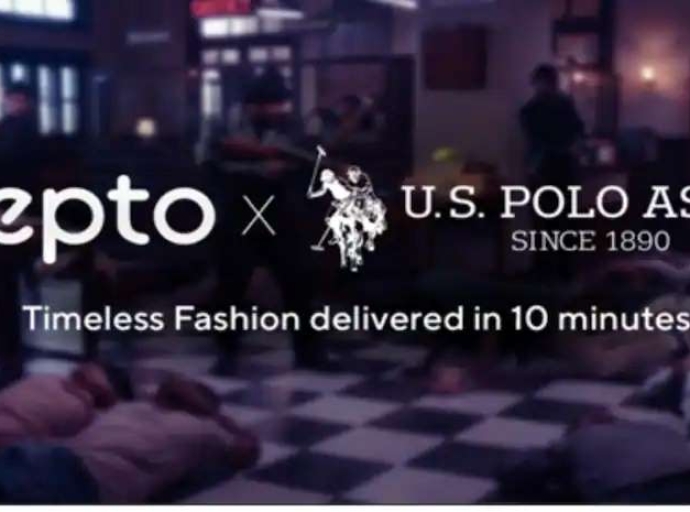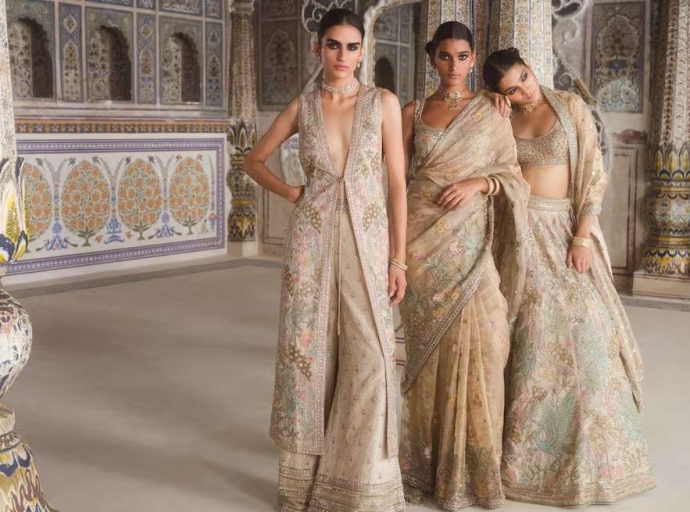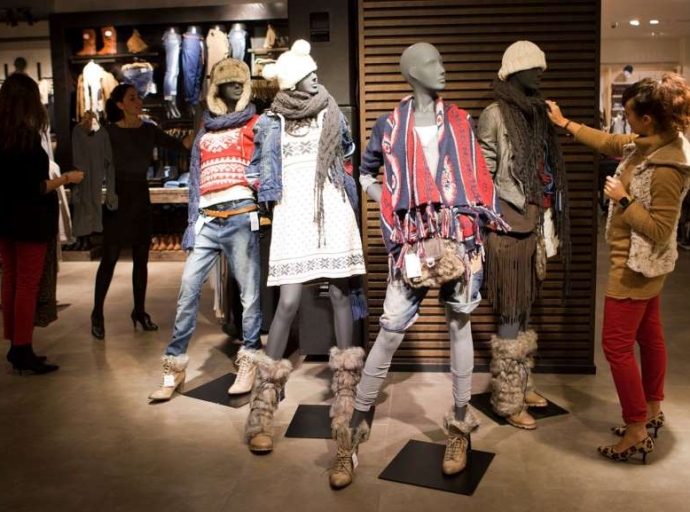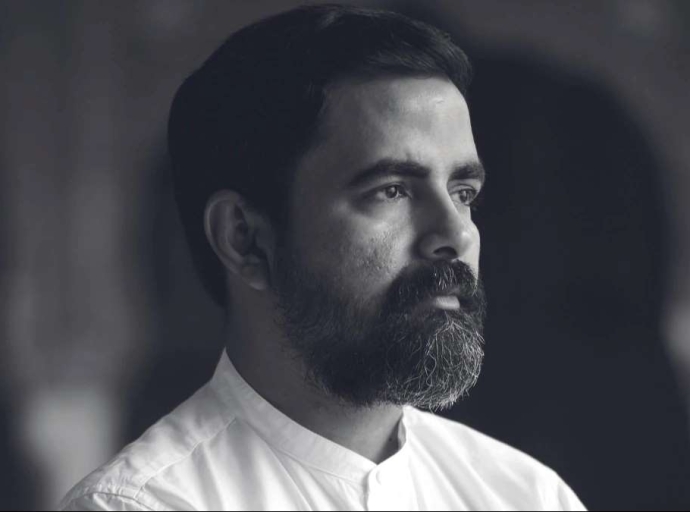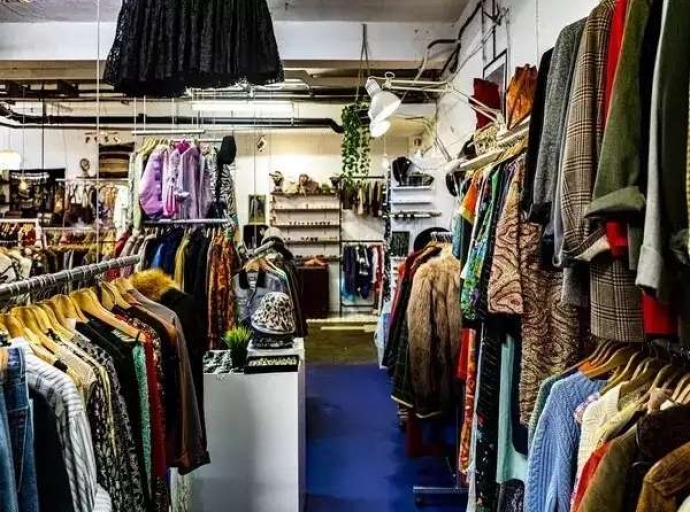Meta Description: Why do some celebrity fashion brands fail in India? Find out about the key challenges and the strategies needed for long-term success in the competitive apparel sector.
The allure of celebrity is undeniable. In India, where stars are practically deities, the idea of a fashion brand bearing their name seems like a guaranteed goldmine.
Yet, the reality paints a different picture. While global icons like Rihanna and Kylie Jenner have built formidable fashion empires, their Indian counterparts often struggle to achieve lasting success. Why does this star-studded venture so often lead to a dimming light in the Indian apparel sector?
The short-term spark
The primary reason brands, or celebrities themselves, opt for this route is the promise of instant visibility. A famous face can catapult a product into the spotlight overnight, attracting attention that would otherwise take years to cultivate. This is particularly tempting in a fiercely competitive market.
Quick brand recognition: Celebrities bring a pre-existing fan-base and recognition, instantly lending credibility to a new venture.
Marketing leverage: Their social media presence and public appearances provide free and powerful marketing platforms.
Attract investment: Star power can attract investors and partners, boosting initial growth.
However, this reliance on instant gratification often overshadows the crucial need for long-term brand building. In fact, the impact of celebrity endorsement is a double-edged sword. Brands like Rihanna's Fenty and Kylie Cosmetics demonstrate the power of authenticity and a strong product.
These celebrities didn't just lend their names; they were deeply involved in the creation and promotion, ensuring quality and relevance. These brands also focused on filling market gaps, offering inclusive ranges and innovative products that resonated with their target audiences.
Unsuccessful attempts in India
However, in India there a numerous cases of unsuccessful collaborations for example, Anushka Sharma’s Nush launched with much fanfare, Nush aimed to provide affordable and trendy clothing for young women. However, the brand struggled to differentiate itself from established fast-fashion retailers.
Consumers criticized the lack of unique designs and perceived quality issues. This highlights the importance of creating a distinct brand identity and ensuring product quality.
Similarly, Deepika Padukone’s ‘All About You’ partnered and positioned itself as a comfortable and stylish brand for modern Indian women. Despite Padukone's popularity, the brand failed to make a significant impact in the crowded e-commerce market.
The brand lacked a strong USP, and was over shadowed by other e-commerce brands. This shows challenges of competing in a saturated market without a clear differentiator. Another example is Sonam Kapoor-Rhea Kapoor’s brand Rheson.
Designed to cater to modern women seeking sophistication, Rheson faced fierce competition from established fashion labels. While the brand had creative designs, it did not capture a large market share. This example shows how hard it is to penetrate an already well established market.
The lack of design consistency and perceived quality issues eroded consumer trust. Overemphasis on the celebrity image, without a corresponding focus on product excellence, led to a disconnect with discerning consumers. And most importantly, the Indian market is very price sensitive, and if the product pricing does not match the product quality, customers will not buy.
The issue isn't necessarily the stars themselves, but rather the usage and positioning of their brands. Many Indian celebrity brands seem to lack a clear creative direction, resulting in generic designs and a diluted brand message.
Also, brands that fail to differentiate themselves from existing market players struggle to gain traction. Simply slapping a celebrity's name on a product is not enough. And brands must prioritize consumer needs and preferences, offering value beyond the celebrity's image.
Why stars keep shining
Despite the relatively low success rate, celebrities continue to be sought after for endorsements and brand collaborations. This is due to several factors:
The power of influence: Celebrities still hold immense sway over consumer behavior, particularly in India.
Social media dominance: Their online presence allows for direct engagement with millions of potential customers.
The pursuit of quick wins: Brands often prioritize short-term gains over long-term sustainability.
The aspirational value: Indian consumers still look up to celebrities and want to emulate their style.
Therefore, for Indian celebrity fashion brands to achieve lasting success, they must establish a strong brand identity. Define a unique niche and offer products that resonate with a specific target audience. Invest in high-quality materials and craftsmanship, ensuring that products meet consumer expectations. And create a seamless and engaging customer journey, both online and offline.
They should move beyond short-term marketing gimmicks and build a sustainable brand with a clear vision. What’s more, consumers are mostly looking for authentic brands therefore, they want to see that the celebrity is truly involved in the brand.
While the allure of celebrity can provide a powerful launch-pad, it is not a substitute for solid business strategy and a genuine commitment to quality. By prioritizing these elements, Indian celebrity fashion brands can move beyond the fleeting spotlight and build lasting legacies in the competitive apparel sector.




